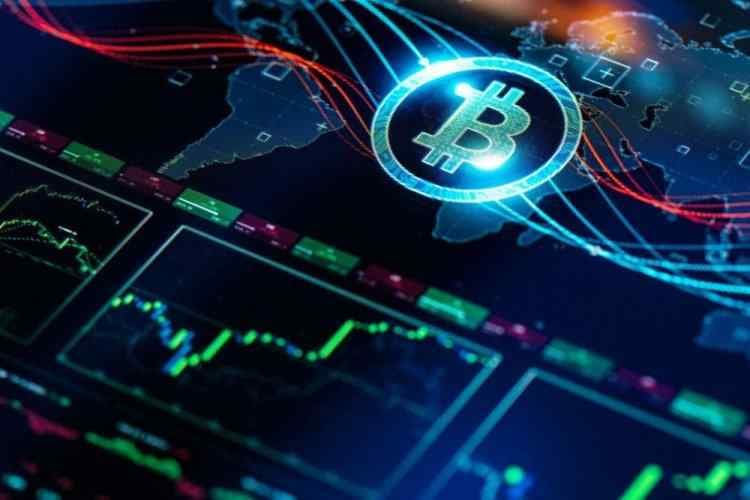
Dubai’s VARA Releases New Regulations On Virtual Assets
The UAE is one of the leading international financial centers with a thriving digital economy. The country has often stated its goal of becoming one of the world's leading cryptocurrency hubs. Dubai recently passed a law regulating virtual assets. Dubai plans to establish itself as one of the world's largest crypto centers by managing digital assets.
Dubai Virtual Assets Law defines virtual assets as digital representations of value that can be traded, transferred, or used as a means of exchange or payment for investment purposes, including virtual tokens.
There are two jurisdictions to consider when it comes to digital assets in Dubai: Dubai and the Dubai International Financial Center (DIFC). Anti-money laundering laws, federal anti-money laundering programs for digital assets, and other federal criminal offenses apply.
Virtual Assets Regulatory Authority (VARA) and Dubai Financial Services Authority (DFSA) have broadly defined virtual assets to include cryptographic tokens, security tokens, utility tokens, non-fungible tokens, and other types of tokens. However, the exact regulatory framework is different for each jurisdiction.
Dubai Law No.4 of 2022, “Regulating Virtual Assets in the Emirate of Dubai”, is also known as the Virtual Assets Law. The law sets the background for how Dubai regulators will guard the developing virtual asset industry. The Virtual Assets and Related Activities Regulations 2023 require licensed firms in the Emirate to adhere to "gold-standard risk assurance" and anti-money laundering standards.
The new regulations protect seven licensed virtual asset activities, including advisory, broker-dealer, custodial, exchange, lending payments and remittance, virtual assets management, and investment services.
VARA will be liable for providing a full range of regulatory services about cryptocurrencies, NFTs, and any other virtual asset.
Under the VARA regime, distribution is a regulated activity. It enables customers to decide more intelligently regarding the new tokens introduced in Dubai and the liabilities linked with the issuer.
The law will apply to services related to virtual assets in Dubai, including all special development and free zones, except in the DIFC, which has its own set of digital asset regulations policed by the DFSA. The Virtual Assets Law makes Dubai one of the few jurisdictions to have embraced a legal framework expressly for investors and corporations involved with virtual assets. The law is an exhilarating evolution toward the UAE achieving its dream of evolving into a global hub for digital assets.
They are likely to attract businesses to the region’s successful emerging digital technology market.
Dubai’s D33 economic plan has outlined the mission to show the emirate as the economical capital anchored by metaverse, AI, Web 3.0, and blockchain. New laws in Dubai explain the rules for trading virtual assets and operating in the metaverse, including explaining how to lend and remit virtual assets — along with fines for violations.
Prevalent, Dubai’s interaction with blockchain through the implementation of its Virtual Assets Law, the installation of VARA, and its experimentation with transposing its regulatory system to the metaverse is a clear sign of a forward-looking city pioneering the way to a web3 future.
The main objective is to make Dubai a key global player in developing the future of virtual assets. The UAE is a major destination for cryptocurrency companies looking to attract customers and wealthy individuals. A number of crypto firms have recently opened offices in Dubai, hoping to address the city’s digital asset ambitions and enter the lucrative UAE market. The launches of major international cryptocurrency exchanges Binance, Crypto.com, Kraken, and Bybit are just a few examples.
The UAE is gradually adopting cryptocurrencies, especially in airlines and real estate companies, some of which already accept crypto payments.
Dubai’s adoption of the Virtual Assets Act and the VARA and DFSA Digital Asset Regime will undoubtedly play a major role in raising the UAE’s profile as a crypto-friendly country. The licensing authority has full legal and financial control over the virtual asset market. Governments are taking decisive action to build a strong digital economy and reap the benefits of digital transformation.
For any enquiries or information, contact ask@tlr.ae or call us on +971526443004